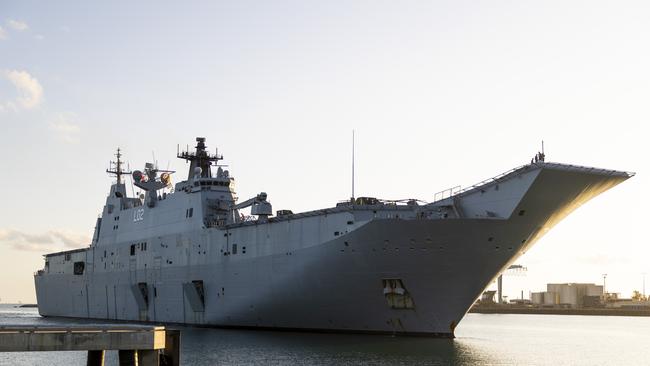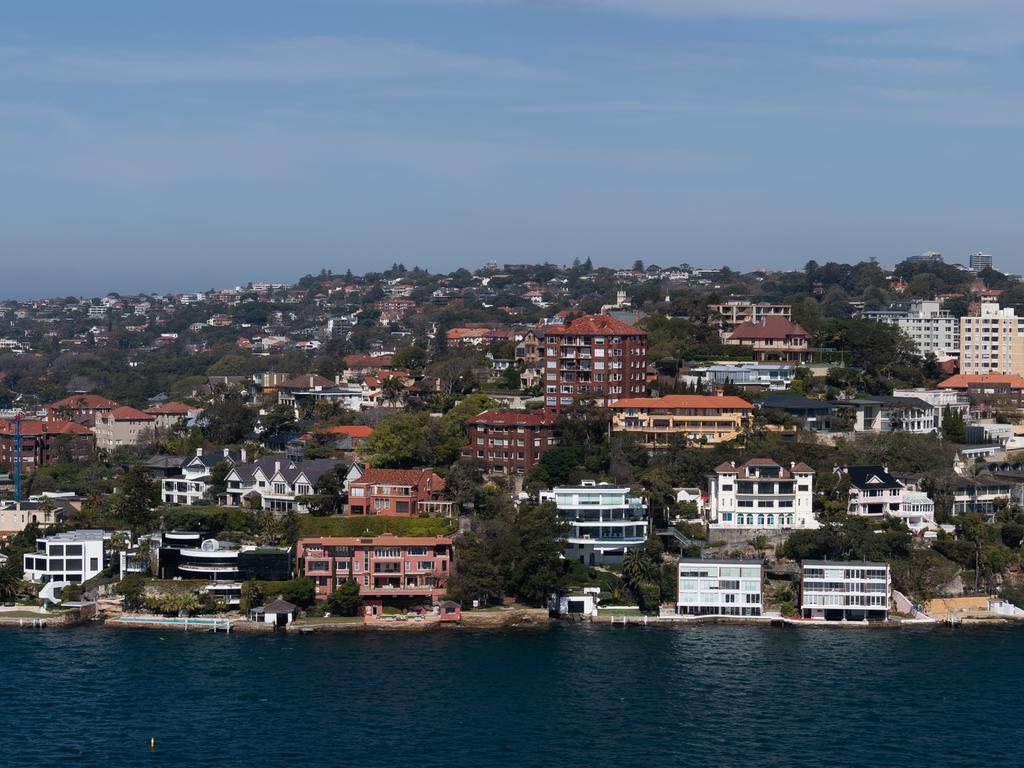Ukraine war to have long-term implications for Australian defence, regional relations: Robert Gottliebsen


At the ADC Australian Leadership Retreat in Brisbane over the weekend, experts in foreign affairs and defence began detailed discussions on the wider implications. Here are some of the points that I picked up from the discussions.
*Firstly, for many hundreds of years Russia has been a European power and until the Ukraine war was becoming even closer to the European community. Europe became dependent on Russia for its energy and countries like Germany and Hungary developed deep ties with the Russian Federation.
The barbarism of the Russians in Ukraine has not only united Europe and NATO but forced what seems likely to be a long lasting separation. Russia will now be in the China orbit and so to the extent that Russia competes with Australia in the Chinese mineral markets we will be at a disadvantage. And in the Pacific Vladivostok will become more important to the new Russia.
*The way Russia has ruthlessly used its power has alerted the whole Indo-Pacific region to the dangers of there being no offsetting power to the China-Russia alliance. Accordingly a great many nations in the region have privately welcomed Australia’s AUKUS nuclear submarine agreement and the QUAD arrangement with India, US, Japan and Australia. Both those arrangements are partly about further developing a regional counter force that both supports the US and shows that it is not operating alone.
*Australia’s defence approach needs to be transformed so that foreign affairs, including an enhanced ambassadorial network, and our defence industry operate in a co-ordinated way. We need to foster other regional arrangements, not necessarily defence related, that are part of helping to bring the region together.
*When Russia threatened the world with a nuclear war over Ukraine, the US appeared to hesitate by not embracing Poland’s offer to provide air cover. It alerted the world that if nuclear war was threatened, then protection might become qualified, albeit that Ukraine was not part of NATO. The US military aid is now astounding but nevertheless that moment of US hesitation may encourage more countries to join North Korea, Iran and Israel in either having, or becoming very close to having, nuclear weapons.
*When Russia first invaded Ukraine, both President Putin and the rest of the world expected a quick win. It was the ferocity, and the determination of the Ukrainian national resistance that caused the US and the world to suddenly offer support.
In future conflicts, like Ukraine, countries under invasion may have to show that they have the capacity and national willingness to fight before gaining help from others including the US.
Australia might say “we are different” but that may not be the case. Accordingly, we must be prepared and have national unity of purpose.
*Australia has an entitlement to a large portion of Antarctica. In our area Russia and China have established more bases than Australia. The bases come under the Antarctic treaty of 1959 which encouraged the freedom of scientific investigation and the exchange of information and personnel in Antarctica.
As relations with Russia deteriorate Antarctica may become a more intense place.
*Australia needs to reconsider its total approach to defence equipment and defence activities. Naval defence is vital, and we can be very thankful we abandoned the disastrous French submarine deal in favour of nuclear submarines. We also need to fine a way out of the equally disastrous frigate contract and hope that the US will see sense in the Joint Strike Fighter. We must also ask ourselves: “Do we need difficult to transport tanks to defend Australia?”
*We will need to correct another past mistake and restore our strong industrial base because supply lines can be disrupted in a war. But securing vessels via establishing an industrial base takes a lot of time. Because of the increased dangers some defence equipment will be purchased “off the shelf” rather than being part of our industrial base. These will not be easy decisions.
*One area where we must develop industrial capacity is in nuclear submarines and that will involve educating a large number of Australians in new technologies. It will almost certainly make us rethink using nuclear power to reduce carbon.
*Australia has been a big supplier of motorised vehicles and our light weight ballistic armour to Ukraine. We are also world leaders in radar technology where, we bring special value to the our partners in the region. Maybe we should look to supply our tanks to the Ukraine.
*We are currently using our defence forces in a whole series of civilian exercises, including floods and fire etc, rather than defence. The Australian society, like many of our defence chiefs of old, have never really contemplated a domestic war threat and see this an essential defence task. Whoever wins the next election will need to start on a massive re-education program for Australia. Maybe national service will need to be considered for defence and climate disasters. Ukraine has shown that nationalism inspires others to help you.






The Ukraine war has obviously transformed Europe. What few Australians understand is that it is also going to have significant long-term implications for both Australian defence and regional relations.